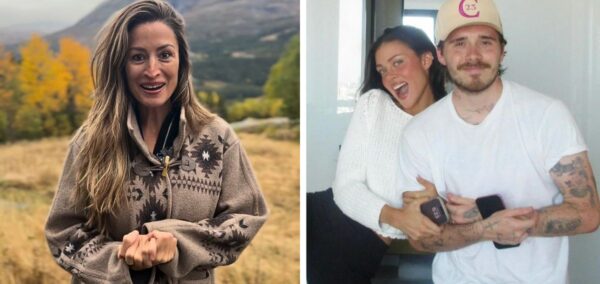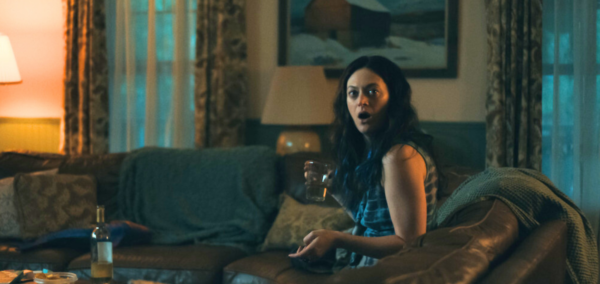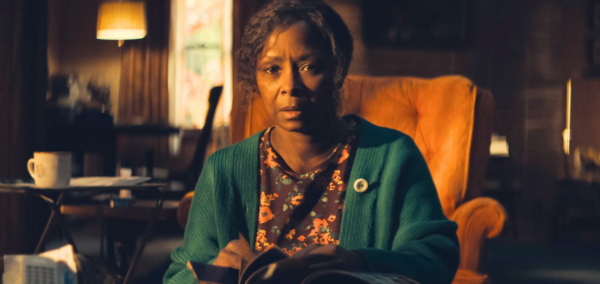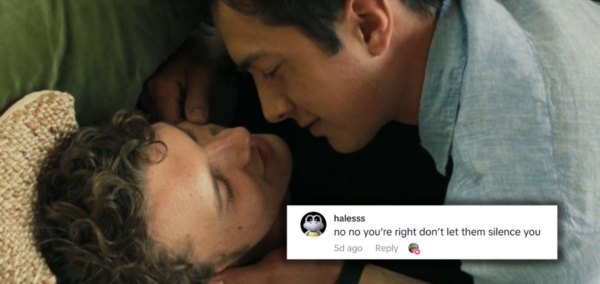
How research into Black family life will inspire Leeds students
‘They are knowledge contributors and knowledge makers too’
Academics at Leeds Beckett University have been engaging in a research project into Black family life which will inspire students to think more critically and embrace their cultural identity.
Shirleecia Ward, a senior lecturer at Leeds Beckett, started a letter-writing scheme for African-Caribbean mothers in the UK to help professionals better understand these communities and counter negative stereotypes.
Shirleecia explained to The Leeds Tab that lessons learnt from this project can benefit students pursuing careers in education, social work and healthcare.
The research can also aid students in reconnecting with, or better understanding, their heritage.
For the project, mothers discussed their feelings about parenting and wrote letters to their daughters, sharing what they wished they had known as children.
The research gathered will be collated into resources for medical professionals, teachers and social workers.
Shirleecia noted how the project encourages students to adopt “more of a critical realism approach” and to think creatively by using innovative methodologies.
She also highlighted the data’s potential to engage with diverse perspectives and challenge dominant narratives.
Explaining how this research could benefit Leeds students who might be disconnected from their cultural roots, she cited an absence of literature on Black families.
She said: “When this literature is present, it often speaks negatively of Black families, and often Black students can feel as though that’s true because there’s no counter-narrative.
“But if we start to see Black people contribute to the knowledge base and journal articles, I think it will dismantle some of the imposter syndrome that students often have.
“So even though it’s about motherhood, I’m trying to bring a Black voice, which is a marginalised voice, to the far front of literature, to challenge systemic injustice which should be able to permeate all disciplines.
Most Read
“Hopefully that will give students legitimacy to realise they are knowledge contributors and knowledge makers as well”

via Pixabay
Shirleecia’s personal experiences as a Black mother inspired the project. She highlighted the intersectionality of her identity, noting societal biases that can label some mothers as good and others as bad based upon race.
In her experience, professionals are “much more likely to give the benefit of the doubt to a White mother, than to a Black mother.”
She added: “And when you do try and advocate for your child, as any mother does, you can be deemed as aggressive or argumentative.”
While most research into Black motherhood has focused on America, the Leeds Beckett team sought to better understand the British experience.
Shirleecia hopes education professionals will see that Black parents are just as invested in their children’s schooling as White parents, and will be less likely to dismiss concerns raised by Black families.
In medical care, Shirleecia believes the project can help professionals recognise the additional barriers race brings when analysing health inequalities.
She cited some of these barriers stemming from outdated models in healthcare, such as the myth that Black women have higher pain thresholds. She also discussed stereotypes in social care and education that can presume Black children come from single-parent, or non-working, households.

According to the BBC, in one letter, Dominique Belgrave, 31, from Woodhouse, wrote to her four-year-old daughter Imaani: “I never wanted you to be any more or less than what you are, because you are enough.”
Imaani has a chromosome deletion and developmental delays. Dominique explained she felt she had sometimes been ignored when navigating Imaani’s diagnosis.
She said: “I feel like what you’re saying is not necessarily taken at face value. I think it’s a case of, someone else tries to tell you what your experiences are. No, that’s not what happened. That’s not what you’re feeling.”
Another participant, Dionne Cummings, 44, from Rothwell, wrote to her 10-year-old daughter, Alexis: “You, my darling, are unapologetically yourself. Fearlessly advocating for what is right, and just.”
Dionne described the project as emotional but crucial in changing societal narratives about mothers.
She reflected on being told as a child that Black individuals must work “twice as hard” as their counterparts.
This is a narrative Dionne seeks to change for her daughter: “I want her to realise what she can achieve, how amazing she is.”
Looking ahead, Shirleecia hopes the project becomes a cornerstone of wider efforts to “decolonise the curriculum” in social sciences and education, aiding in the training of professionals in healthcare, education and law.
She encouraged students of all ethnicities to embrace their identities and explore topics beyond the standard curriculum.
She added: “I want to see them engage with critical thinking, and to challenge some of the narratives that are presented.”





















